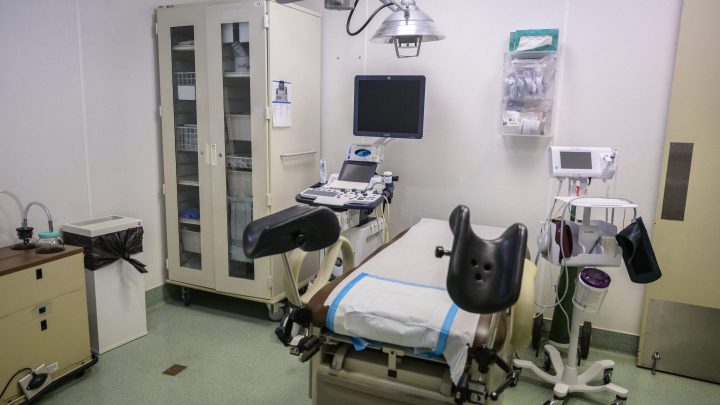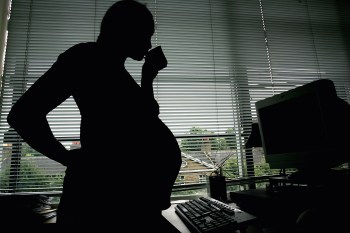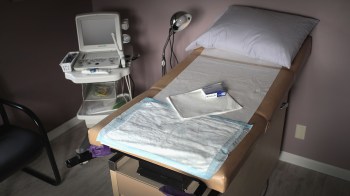
Abortion included among pregnancy-related conditions covered under new EEOC guidelines
Abortion included among pregnancy-related conditions covered under new EEOC guidelines

This week, the Equal Employment Opportunity Commission finalized regulations for carrying out the 2022 Pregnant Workers Fairness Act. Most employees around the country are now entitled to unpaid time off and other accommodations for a range of pregnancy-related medical needs, from nausea and gestational diabetes to abortion care.
While a 1978 law prohibits discrimination against pregnant people in the workplace, that didn’t solve everything, explained Elizabeth Gedmark with A Better Balance, which advocates for working parents.
“There were gaps in the law that were causing pregnant workers to fall through the cracks,” she said.
Under the old legal landscape, if a pregnant worker needed an accommodation — “like a stool to sit on, a water bottle or light duty for their health,” said Gedmark — they had to prove that their employer was providing that accommodation to nonpregnant workers.
Under the EEOC’s new rules, employers have to provide reasonable accommodations that workers ask for. And that includes at least unpaid time off for abortion care and recovery.
“That part of the regulation is actually not very surprising,” said Jennifer Shinall, a law professor at Vanderbilt.
Under that 1978 antidiscrimination law, abortion was considered a protected pregnancy-related condition, she said. Since then, “abortion has generally been recognized by federal courts as within the purview of pregnancy.”
Shinall doesn’t expect legal challenges to the new regulations to get very far. But given the political climate, she said workers seeking an abortion might feel it’s too risky to ask for accommodations.
“I would tell them just to tell their employer, ‘I am pregnant. It’s not going to be a successful pregnancy, and I need time to recover from that,'” Shinall said.
“That’s it. Employers are not allowed to dig deeper,” said Gillian Thomas with the ACLU’s Women’s Rights Project.
It’s gotten trickier for workers to maintain privacy when seeking an abortion since the Supreme Court’s Dobbs decision, Thomas said.
“Simply getting to and from, let alone the time that’s necessary for the procedure and recovery from the procedure — it’s just become exponentially longer,” she said.
These new regulations will help low-wage and hourly workers who may not have sick time, she said. But the cost of that travel and threat of lost wages could still prevent workers from getting care.
There’s a lot happening in the world. Through it all, Marketplace is here for you.
You rely on Marketplace to break down the world’s events and tell you how it affects you in a fact-based, approachable way. We rely on your financial support to keep making that possible.
Your donation today powers the independent journalism that you rely on. For just $5/month, you can help sustain Marketplace so we can keep reporting on the things that matter to you.

















